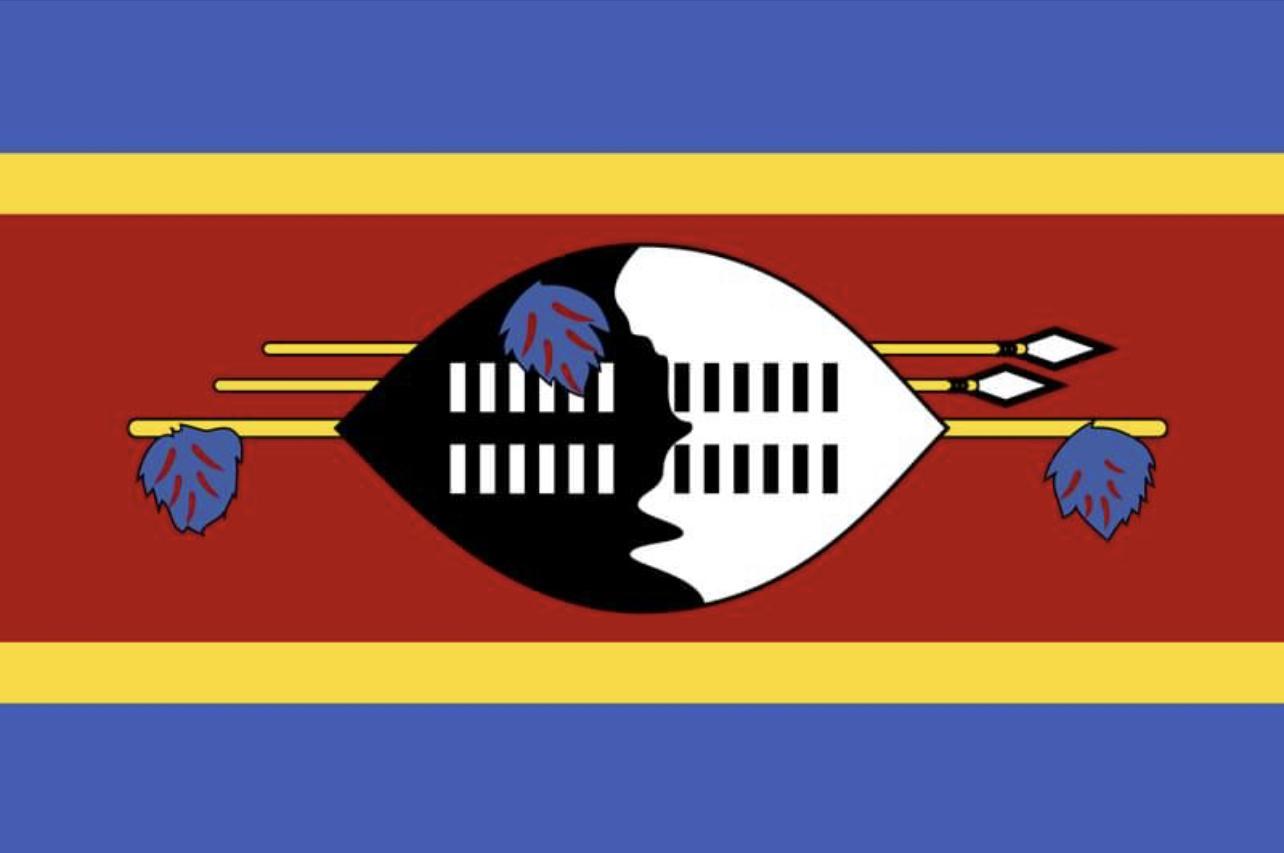Africa-Press – Eswatini. The State has obtained an order to seize the money that was found in possession of the Zimbabwean national, Masiyakurima Agrippa Bopela (Masiya).
The order to seize the E2.8 million was issued by Judge Thami Dlamini on Friday. The application to seize the money was made by director of public prosecutions (DPP) in terms of Section 42 of the Prevention of Organised Crime Act (POCA), 2018. An application moved in terms of this section of the Act is urgent as it seeks to preserve property, which is believed to be an instrumentality or proceeds of crime, from being disposed of pending an application for a forfeiture order. The money is currently in the custody of the police. A further application was made by police investigators last Wednesday at the Siteki Magistrates Court to detain the money in terms of the Money Laundering and Financing of Terrorism (Prevention) Act, 2011.
Preservation
When seeking the preservation order at the High Court, the DPP stated that there was a high risk that the cash, which was US$153 860, would be released from police possession and as such, the need to investigate its source would be rendered futile, which might lead to the defeating of the ends of justice. In motivating the application, Head of Asset Forfeiture Unit under the DPP’ Office, Principal Crown Counsel Elsie Matsebula,brought it to the attention of the court that financial investigators were authorised in terms of the Money Laundering and Financing of Terrorism (Prevention) Act 2011 to seize and detain any cash or negotiable bearer instruments, which was being imported into, or exported from Eswatini, in any form or manner if they had reasonable grounds to suspect that it was derived from unlawful activity or money laundering or possibly intended for financing of terrorism.
States parties, said the principal Crown Counsel were obligated in terms of the United Nations Convention against Transnational Organised Crime (UNTOC) under Article 7, addressing money laundering, to consider implementing feasible measures to detect and monitor the movement of cash and appropriate negotiable instruments across their borders, subject to safeguards to ensure proper use of information and without impeding in any way the movement of legitimate capital. She said such measures may include a requirement that individuals and businesses report the cross-border transfer of substantial quantities of cash and appropriate negotiable instruments.
Matsebula pointed out that the circumstances under which the cash was recovered raised a reasonable belief that the cash was the proceeds of laundering and or that it was brought to the country to be laundered. “This is a bulk amount of cash. The present day does not require or call upon an astute business person to carry around with him bulk cash. Cash is easily and conveniently wired through the financial system with ease. Such methods provide a lot of flexibility to trade or conduct any form of business.
Methods
“The conveying of bulk cash is one of the main methods through which launderer’s move and place dirty money across jurisdictions. Launderers avoid utilising financial institutions, where possible, due to stringent financial requirements which call for the scrutinising of bulk deposits by financial institutions,” she explained. Matsebula stated that the conduct of Masiya did not befit him as a legitimate business person. She said he was aggressive with police investigators and sent them information, which he quickly deleted. Matsebula informed the court that it was a norm for launderers or people involved in criminality to be very aggressive when approached, so as to scare away investigators. Depositing cash into the banking system, said Matsebula, was another method, as reflected in this case, of placing dirty cash into the financial system. This is meant to clean the cash and give it a legitimate source.
The cash is then wired into other jurisdictions, different accounts or withdrawn, said Matsebula.
For More News And Analysis About Eswatini Follow Africa-Press







